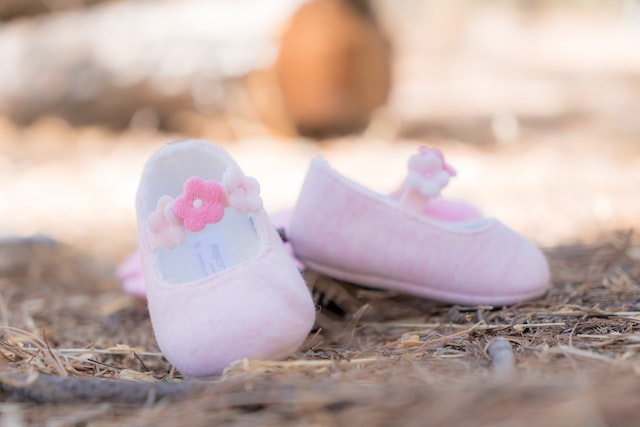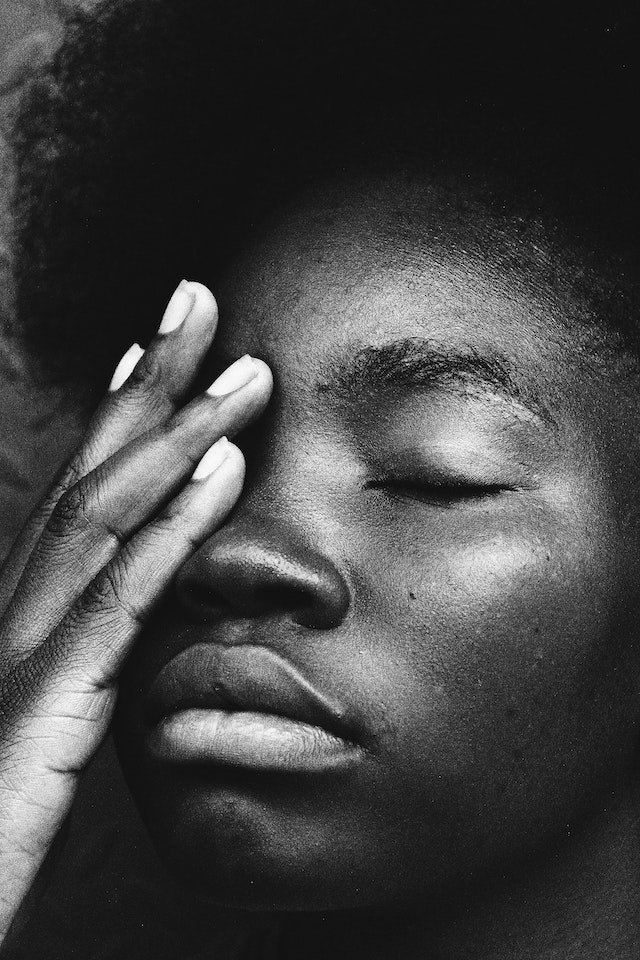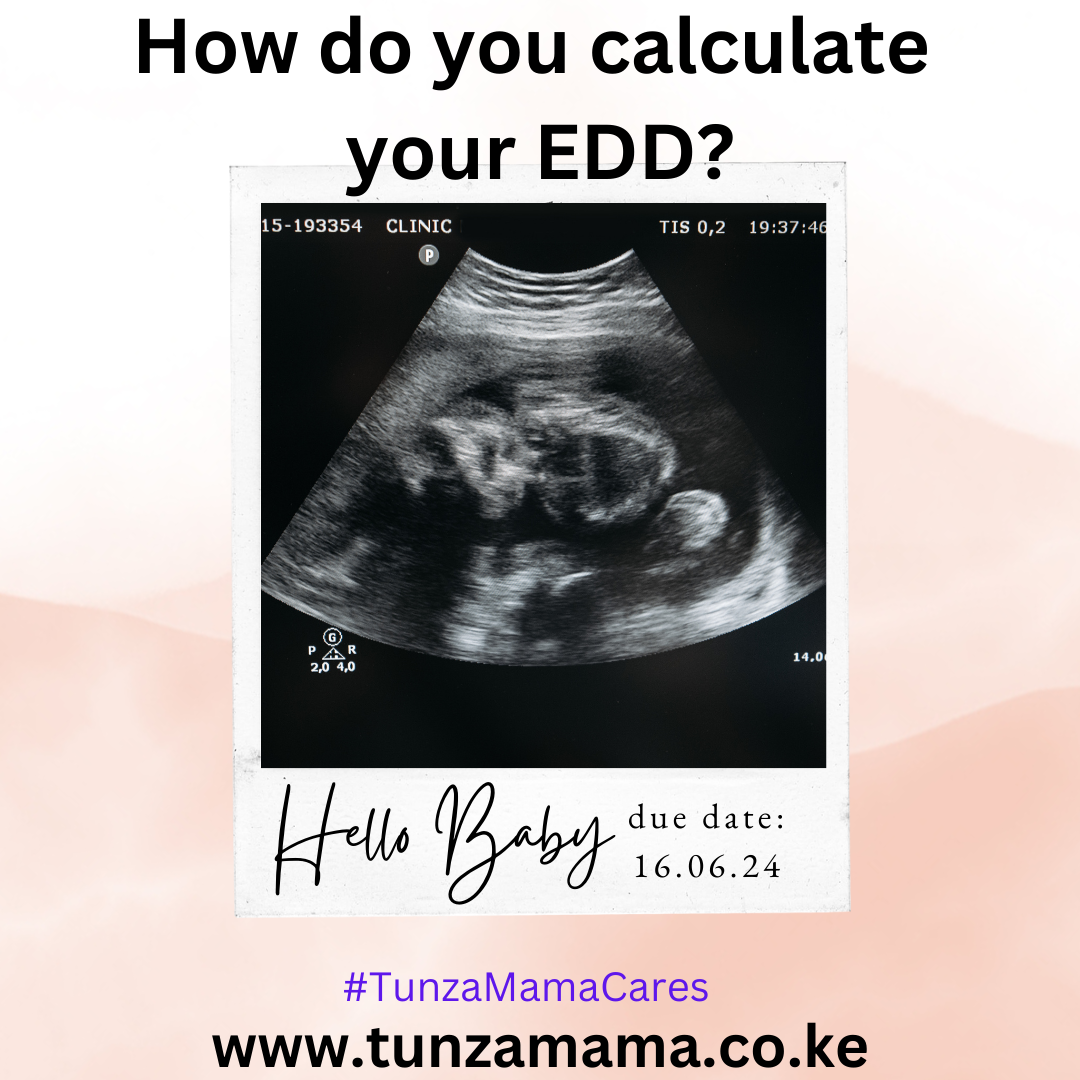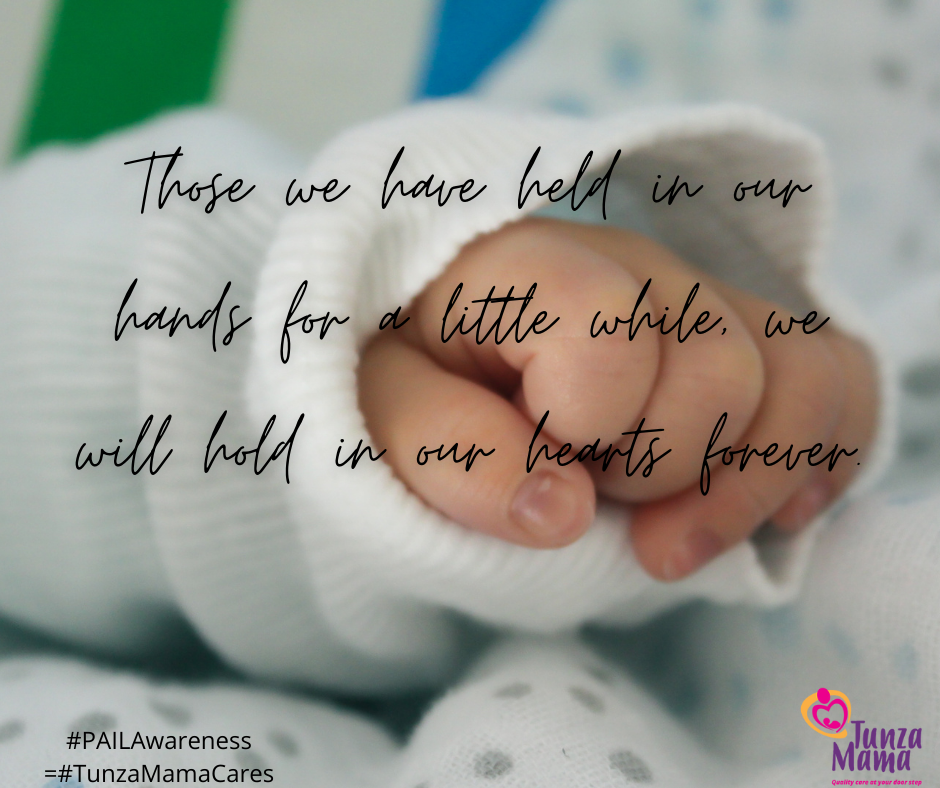Grief after pregnancy loss is rarely talked about, yet it is a devastating experience for many women and their partners. To start us off, we will outline a few definitions to better understand pregnancy loss and grief.
Pregnancy Loss
Pregnancy Loss is a broad term that is used to describe the sudden and unexpected loss following the death of an unborn child. For the most part, pregnancy loss that occurs within the first 20 weeks is referred to as a miscarriage. In medical circles, it may also be referred to as a spontaneous abortion. Losses that occur after the 20th week of pregnancy are generally referred to as still births. You can read more about the different types of pregnancy loss in this post we shared previously.
Grief
Grief on the other hand, refers to the different emotions that women go through after they experience pregnancy loss. Grief is a very intimate and personal experience, yet for many women, it follows a rather predictable course. This article sheds more light on the process of grieving, and how it presents.

Common emotions associated with grief after pregnancy loss
Pregnancy loss often occurs unexpectedly, leaving lasting trauma for affected women. Unfortunately, it is also very common with statistics showing that 1 in every 4 pregnancies ends up in loss. It is important to mention that despite the common occurrence of this type of loss, it does not make it any less painful. Whether a miscarriage happens in the early weeks of pregnancy, or a woman delivers a still baby, the experience is still very painful.
Pregnancy loss, just like any other form of loss, requires that affected women go through the grieving process. This is not always easy to do, particularly in the first six months after loss. According to the Miscarriage Association, it is common for women and their partners to experience the following emotions with grief after pregnancy loss: sadness, confusion, numbness, anger and guilt.Many women will also feel a deep sense of emptiness and loneliness.
Pregnancy loss is often accompanied by deep sadness.
The intense feelings of sadness that arise after losing a pregnancy are attributed to the loss of a ‘reproductive story’- one which necessitates the process of grieving. With this loss, a woman’s hopes and dreams for her child’s future are crushed. Studies carried out on the subject of perinatal loss have shown that the duration of the pregnancy does not necessarily determine the intensity of the grief experienced.
Confusion and numbness also constitute emotions after pregnancy loss
Many women who experience pregnancy loss attest to feeling confused and numb after the loss. This often happens because with every loss, a piece of this woman dies. To live with the anticipation of becoming a mother, and then having that taken away in one moment leaves many moms feeling empty and numb. It is also important to note that if the pregnancy was unplanned, such women may experience conflicted emotions. There is a mix of relief, deep loss and guilt over the confusion.
Feelings of guilt and failure as a mother
It is not uncommon for mothers who have gone through loss to experience guilt. This usually happens because these moms feel responsible for their baby not been born. Pregnancy loss also makes one question what they could or could not have done to prevent the loss. The truth of the matter is that pregnancy loss is common, and it is highly unlikely that a mom did something that led to the loss.
Loneliness is also a part of pregnancy loss
In many of our communities, pregnancy loss is talked about in hushed tones. For affected mothers, it can be hard to talk about one’s experience. This is especially more pronounced when a woman’s social circle constitutes pregnant women and new mothers.
In addition to this, there are instances where a pregnant woman may have shared the news with many people. It then becomes hard to reach out to all these people and share news of the loss. Similarly, there are many cases where women grieve alone because no one was aware they were pregnant in the first place. Finding someone to talk to may help alleviate feelings of loneliness and provide social support during the grieving period.
Pregnancy loss also makes women question whether they can trust their bodies again
When a woman loses a pregnancy, there is often the lingering sense of feeling like their bodies let them down. This is particularly heightened when there were no signs of the loss happening. Women may also feel detached from their bodies, and this may make it harder to cope in future pregnancies if it is not addressed well.

Additionally, pregnancy loss changes a woman, both physically and emotionally. It is not uncommon for women to experience weepiness and mood changes. If a woman receives support during the grieving period, they are better able to cope. If, however, this does not happen, it may predispose them to perinatal mental health conditions such as Postpartum Depression and Postpartum Anxiety. According to a 2011 study published by the British Journal of Psychiatry, about 15% of 2,823 women who had gone through miscarriages experienced depression and/or anxiety after the loss for up to three years.
Read More: Maternal Mental Health Matters
Men and Pregnancy Loss
One of the greatest myths surrounding pregnancy loss is that it does not affect men. This is fuelled by the notion that men do not carry pregnancies. As a result, the sadness and grief that fathers-to-be go through is largely dismissed by many people. Granted, men can never fully experience the impact pregnancy loss has from a biological point of view. They do, however, go through grief after pregnancy loss, albeit differently.
Whilst most women will grieve openly, men tend to recoil inwardly and keep busy. This is further compounded by that fact that men feel the need to be ‘the strong one’ after such a loss – strong enough to be there for their partner and to keep the home running. The typical male attitude is to be able to fix things in a crisis situation – only that pregnancy loss is not a crisis that can be fixed. Subsequently, men’s grief tends to be less immediate. If this is left unaddressed, it may morph to anger and negative coping mechanisms.
For men, it is important to acknowledge the loss and their own personal grief. There is the realization that the dreams of a little girl or boy to play with are no more after pregnancy loss. Just as the mother is processing the loss and grieving, so is it for father. It is also important not to apologize for the pain and how you grieve. There is the subtle societal pressure to ‘move on’ and ‘return to normal life’, but no one should dictate the period of grief after pregnancy loss.
After pregnancy loss, it is advisable to talk to someone – whether that is a friend, a grief counsellor or someone else who has been through the same. Joining a support group can also be incredibly helpful for couples going through grief after pregnancy loss.
In Kenya, Still A Mum is one of the organizations that offers support for those who have gone through child loss.
Tunza Mama offers essential maternal and child services at the comfort of your home or office. Our caregivers offer birth preparation classes and postnatal nursing care for pregnant women, new mothers and their partners. Do get in touch with us during working hours: 0794 092 380





